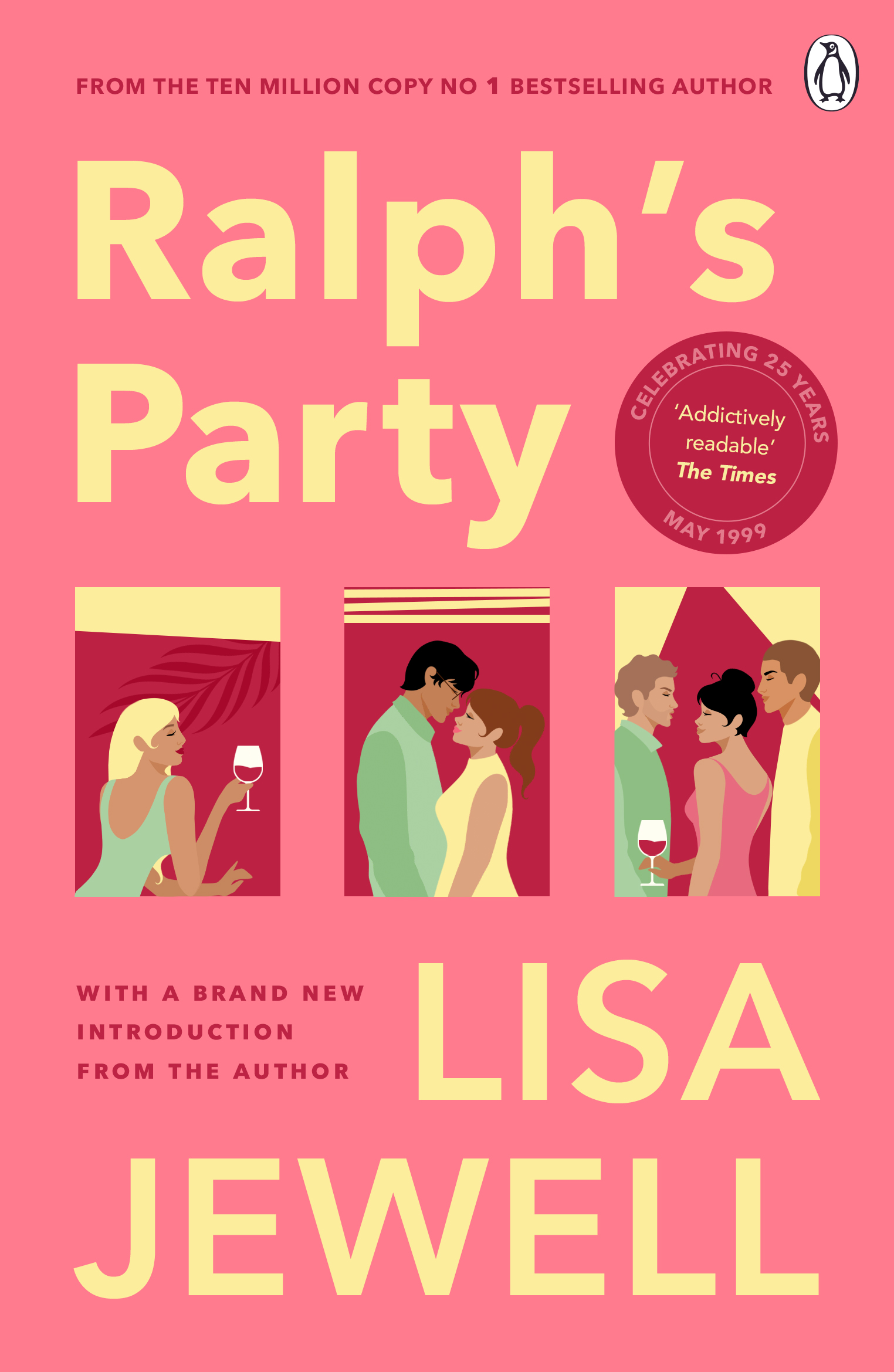Homesick: Why I Live in a Shed

As seen:
By Catrina Davies, and and, Catrina Davies
avg rating
1 review
The story of a personal housing crisis that led to a discovery of the true value of home.
‘You will marvel at the beauty of this book, and rage at the injustice it reveals’ George Monbiot
‘Incredibly moving. To find peace and a sense of home after a life so profoundly affected by the housing crisis, is truly inspirational’ Raynor Winn, bestselling author of The Salt Path
Aged thirty-one, Catrina Davies was renting a box-room in a house in Bristol, which she shared with four other adults and a child. Working several jobs and never knowing if she could make the rent, she felt like she was breaking apart.
Homesick for the landscape of her childhood, in the far west of Cornwall, Catrina decides to give up the box-room and face her demons. As a child, she saw her family and their security torn apart; now, she resolves to make a tiny, dilapidated shed a home of her own.
With the freedom to write, surf and make music, Catrina rebuilds the shed and, piece by piece, her own sense of self. On the border of civilisation and wilderness, between the woods and the sea, she discovers the true value of home, while trying to find her place in a fragile natural world.
This is the story of a personal housing crisis and a country-wide one, grappling with class, economics, mental health and nature. It shows how housing can trap us or set us free, and what it means to feel at home.
This audio edition includes music by Catrina Davies.
(P)2019 Quercus Editions Limited
TweetReviews
St Just Monday Morning Reading Group 30th August 2021.
Homesick: why I live in a shed. Catrina Davies.
On the whole, this group enjoyed reading Homesick, commenting on it as a very readable book which raised a lot of pertinent issues, outlined a personal journey about choices, and left the reader with continuing thoughts and impressions. Several people commented on her descriptions of the area – lanes, pond, fruit stall, cave, toilet block, cafe, beaches – which are familiar to locals, and most people knew the location of her shed and admired her efforts with living there.
Not everyone agreed about the writing style or the impetus behind the book. Some found it well written and researched, with brilliant capture of moments (such as whilst surfing); good management of the reflective passages, ‘flowing from now to then to discussion of what it’s all about, without losing the reader’; and the Thoreau extracts preceding each section and helping to shape the book. Others thought it a ‘messy’ read, and the quotes and dictionary references insufficiently integrated. One reader commented: ‘it didn't seem to make up its mind whether it was trying to be an academic essay or a diary of misfortune and self reflection.’ Another replied that she thought it was both.
The main disagreement, though, was about the author’s position on the housing issue. The point that the author had to work two part-time, often seasonal jobs just to survive, as do many in the area, and the shortage of housing due to excessive supply of holiday lets, was obviously well made, everyone thought. The highlighting of the plight of young people unable to afford a home of their own was appreciated. A lot of people empathised with the author and the troubles she had, and several people commented on her honesty as a writer. ‘A life well lived’, one of them wrote. Some thought that her willingness to pay taxes, make the shed an official residence, and work at unattractive jobs in order to live in the area she loved and where she was brought up, made her lifestyle and her points in the book justifiable. Others however found ‘the dichotomy between someone who did not want to use their talents by working, at odds with her views on housing’. Or: you can’t live outside society and yet reap the benefits of it. Or further: you only get out what you put in. Someone also pointed out that she is very lucky in that she is resourceful, has no children, and had the opportunity to live somewhere permanent, albeit basic in amenities, and that she might not have endured this lifestyle had she not been well educated. And that the ‘go fund me’ page set up by the author’s sister after the burglary raised a large amount of money for the author, which is not usually the happy ending for most of the rest of the homeless.
Lastly, several readers mentioned how depressing is the situation depicted by this author. One remembered the film ‘Cathy Come Home’, broadcast in the 1960s, which shocked the nation at the time, and commented how little things seemed to have changed since then.
This book was read during August 2021 and the continuing restrictions due to the Covid-19 virus, and so the discussion was not 'live' as usual, but took place via a Facebook group, email and telephone conversations.






